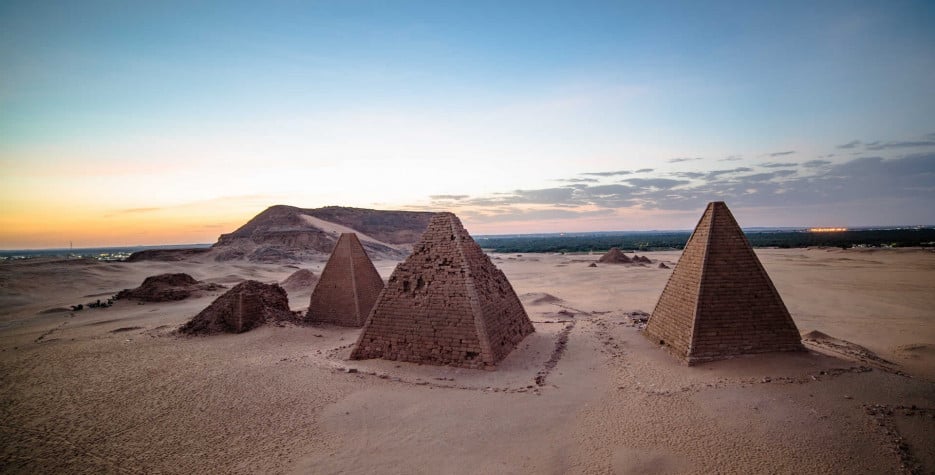When is Sudanese Independence Day?
Independence Day is a public holiday in Sudan on January 1st.
This is the National Day of Sudan and commemorates independence from Egypt and Britain on this day in 1956.
History of Sudanese Independence Day
Sudan, officially the Republic of the Sudan is a Northeastern Africa country and the third-largest country by area in Africa.
Once part of the ancient Egyptian Empire, the region was settled by Muslim Arabs from the 14th century.
In 1820 Sudan was conquered by the Muhammad Ali, viceroy of Egypt under the Ottoman Empire.
In 1881 a revolt against the Ottoman-Egyptian administration was led by Mahdi Muhammad Ahmad. This resulted in the establishment of the Caliphate of Omdurman and the end of Ottoman rule following the defeat of General Gordon and the capture of Khartoum on January 26th 1885.
The Caliphate, ruled by the Khalīfah, was short-lived, ending when the British Army under the command of Lord Kitchener defeated the Khalīfah at the Battle of Omdurman on September 2nd 1898.
In 1899, Britain and Egypt reached an agreement under which Sudan was run by a governor-general appointed by Egypt with British consent. However, with Britain also controlling Egypt, this meant Sudan was effectively administered as a Crown colony.
The 20th century saw the growth of Sudanese nationalism and was emboldened by the Egyptian revolution of 1952 and support from Egypt's new leaders. When the Egyptians abandoned their claims of sovereignty, the British knew this would bring instability to the region and agreed to a free vote in the Sudanese regions on whether they wanted independence or a British withdrawal.
The vote was for independence and resulted in the Sudanese parliament, unilaterally and unanimously, declaring Sudan's independence on December 19th 1955. The British and Egyptian Governments recognised the independence of Sudan on January 1st 1956.
Did you know?
Sudan was the largest country in Africa, occupying around 2% of the world's land area, prior to the secession of South Sudan in 2011. It is now the third-largest, after Algeria and the Democratic Republic of the Congo.


